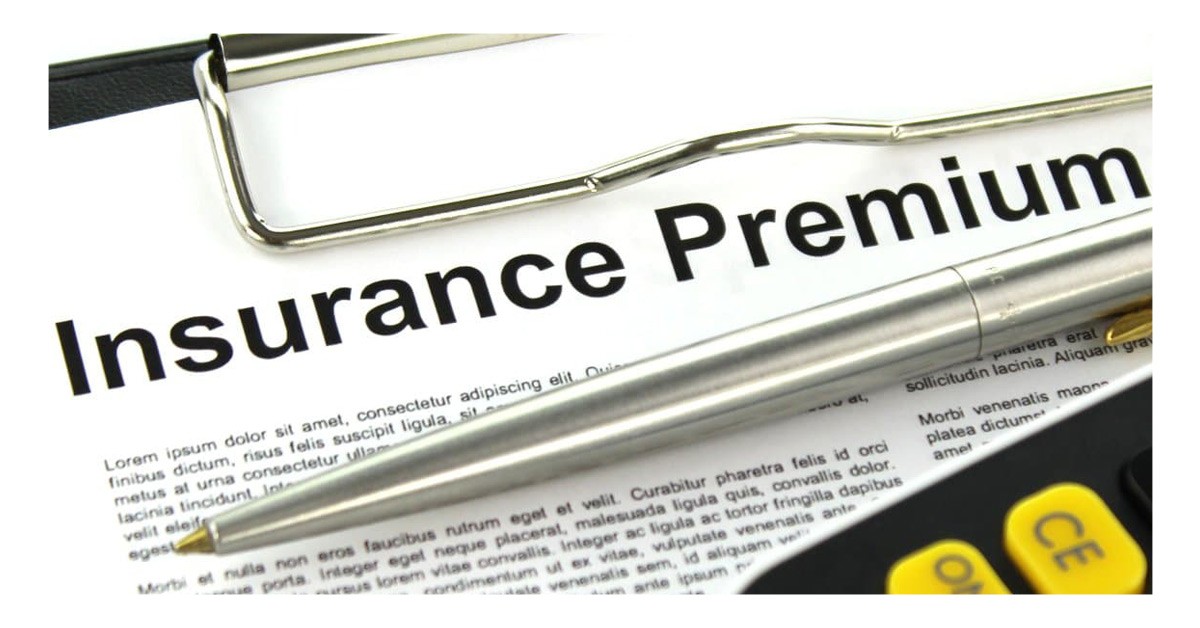Most individuals understand maintaining a reasonable credit premium is vital for preserving overall financial health. Good credit or gratuities not only leads to the best interest rates if you apply for the mortgage or car loan, but it also can assist in ensuring that your car insurance costs are as low as possible. That’s right, the insurance agencies have drawn the statistical correlation between the credit score & likelihood to pose a risk, & that correlation is imitated in the insurance premiums. Moreover, employers now routinely pull ‘employment reports’ – that are adapted versions of the credit report which don’t contain credit score – for each candidate as part of the hiring procedure. Although they do not contain the credit score, employers also tend to correlate the credit history with the degree of accountability. Here are the few factors that numerous insurance companies look at –

1. Previous Insurance Coverage
If you are applying for car insurance under the new insurer, your forthcoming agent will almost surely look into your preceding insurance coverage. The applicant will want to know if you paid your premiums on time, how many insurance claims you filed with the old insurer, and any other problematic behavior which would enhance your risk to insure. Any red flags in the previous insurance coverage will likely result in an increased insurance rate. And inappropriately, if you have not been previously insured, you might pay more car insurance until you found the insurance history.
2. Your Driving Record
It is perhaps no wonder to you those insurers to look at the driving record. But what exactly are they looking for? Insurers will scan the driving record for the at-fault accidents, traffic violations & claims made, typically within the last 3-5 years. If you have received the marks against the driving record, you can bet you will be paying more for auto insurance.
3. Your Credit History
According to the recent study by the insurance research firm Conning & Company, 92% of the nation’s 100 top insurers are factoring credit history to auto insurance premiums. And, while insurers are exploring the credit scores directly, they are more interested in how you have used your credit in the past. Insurers have to look at the length of the credit history, amount of turning debt you have & any collections and late payments to form the insurance score.
And, while critics & consumers alike blame insurers for using credit-based scoring as the excuse to inflate the auto rates, there is a surprising amount of statistics to back the use of insurance scoring. The studies have found the customers at the bottom of the credit pool file 40% more claims than the customers with excellent credit. Insurers also use their credit history to judge the likelihood of paying the premiums on time. It is for these & other reasons that insurance scoring is the most likely place to stay.
4. Age & gender are very vital
These factors also govern how prone your vehicle is to accidents. Individuals between the ages of 18-25 years & men, in general, are found to be ones who are disposed to rash & negligent driving. Thus, they attract higher premiums in turn.
5. If you drive in rural areas, then the car insurance price might be less, as the probability of accidents in rural areas is lesser than that in urban areas. Vehicle insurance agencies may look keenly to your credit history & the neat record would guarantee low insurance prices, helping you to attract good discounts from them.
6. The kind of job which you do also determines policy rates. The low car insurance price can be expected by the person who does desk job for more time than the marketing guy who has to travel.
7. SUVs pose more risk than regular cars because SUVs being larger vehicles, can be driven more rashly, making them more susceptible to accidents.
8. The place where you park your car is also another factor because if it is a safer place, the car insurance rates can be expected to be lower, and vice-versa.
Several other factors need to be worked out before you decide upon the right insurance policy because a good blend of practical aspects will determine the best car insurance prices.

